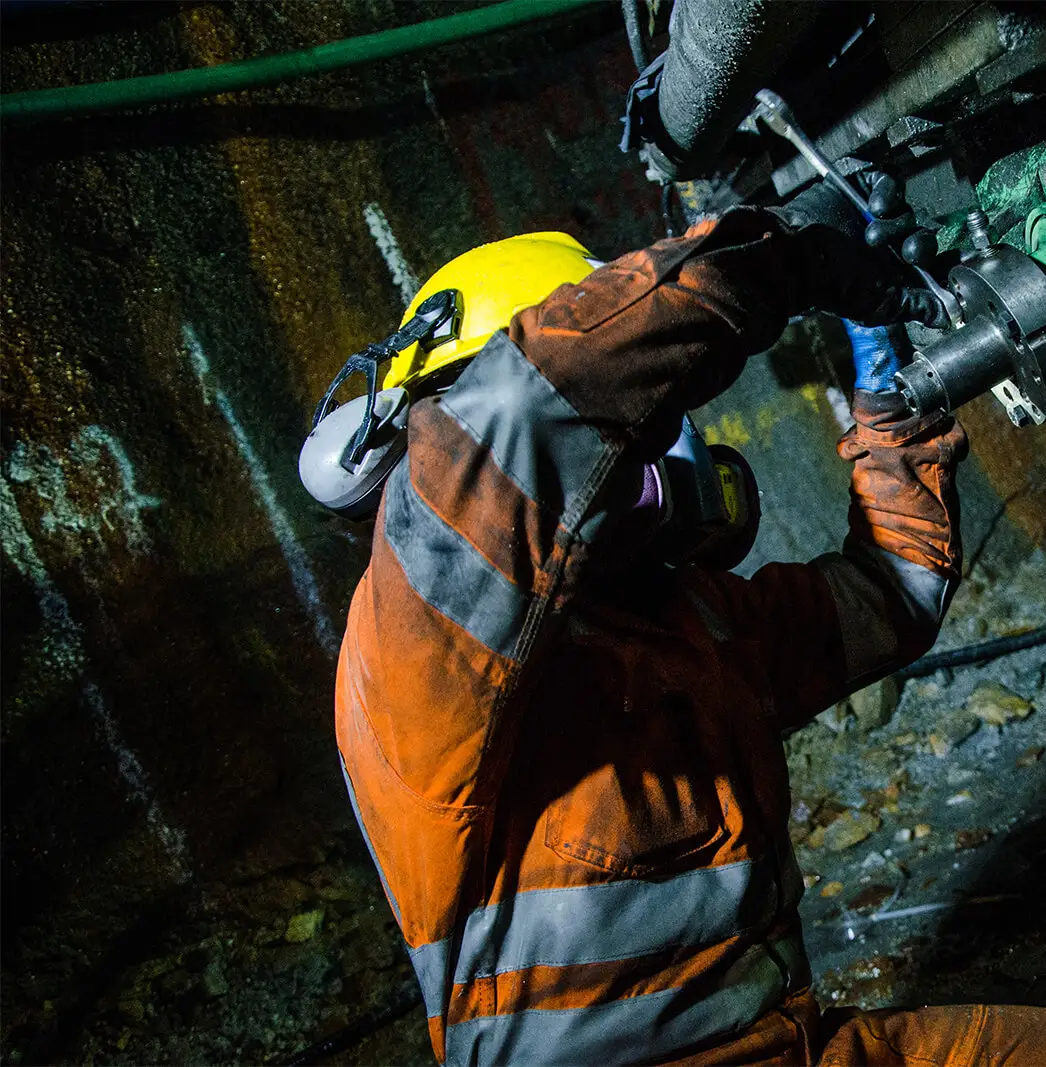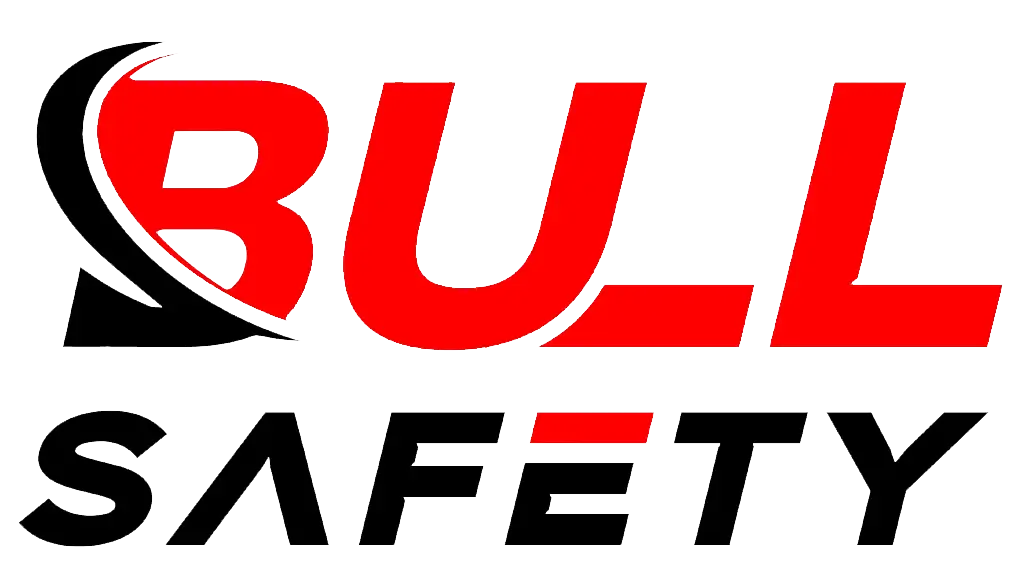
Mining is one of the most physically demanding and hazardous professions. I’ve seen firsthand how essential protective gear is in this industry. Workers are constantly exposed to dangers like sharp rocks, extreme temperatures, and heavy machinery. That’s why having the right gloves is crucial.
Mining gloves are designed to protect workers’ hands from the harsh conditions found underground or at mining sites.
From handling tools and equipment to working with hazardous materials, the right gloves make a huge difference in safety and efficiency. Over time, I’ve come to understand that the right gloves don’t just reduce injuries—they also improve productivity and comfort on the job.
Why Do Miners Wear Gloves?
Miners wear gloves primarily for protection. Their hands are exposed to a range of risks, from sharp objects and rough surfaces to chemical exposure and extreme temperatures.
Miners wear gloves to protect their hands from cuts, abrasions, and hazardous materials found in mining environments.

Protection Against Cuts and Abrasions
Mining environments are full of sharp rocks, metal tools, and jagged surfaces. Gloves made from Kevlar, HPPE, or leather help prevent serious injuries. Kevlar is well known for its cut resistance, while HPPE (High-Performance Polyethylene) fibers are lightweight yet strong, offering excellent abrasion protection.
Impact Resistance
Heavy tools and falling debris pose a serious risk to miners. Impact-resistant gloves, often designed with TPR (thermoplastic rubber) padding, absorb shocks and prevent bruises or fractures. I always recommend gloves with reinforced knuckles and padded palms to reduce the risk of injuries in high-impact tasks.
Chemical Protection
Some mining operations involve hazardous chemicals. Rubber or nitrile gloves provide a reliable barrier against harmful substances like fuel, industrial solvents, and other corrosive chemicals. Nitrile gloves, in particular, offer high chemical resistance and durability.
Grip and Dexterity
A miner’s ability to grip tools and machinery safely is crucial. Gloves with latex or PU coatings enhance grip while maintaining flexibility. Textured palms ensure that tools don’t slip, which can prevent workplace accidents.
| Feature | Protection Type | Materials Commonly Used |
|---|---|---|
| Cut Resistance | Prevents cuts from sharp objects | Kevlar, HPPE, steel fibers |
| Impact Resistance | Absorbs shocks and prevents bruises | TPR padding, foam layers |
| Abrasion Resistance | Protects against rough surfaces | Leather, aramid fibers |
| Chemical Resistance | Shields hands from harmful substances | Rubber, nitrile, PVC |
| Grip and Dexterity | Ensures a firm, secure hold | Latex coating, silicone, PU |
Do Mining Gloves Work on Ore Veins?
When working with ore veins, miners often wonder if gloves provide adequate protection. While gloves help prevent injuries, they aren’t indestructible.
Mining gloves protect against abrasion and cuts from ore veins, but choosing the right material is key to durability.
Abrasion Resistance
Gloves made from Kevlar or aramid fibers offer excellent protection against the rough surfaces of ore veins. These materials withstand sharp edges and continuous wear, making them ideal for long-term use in mining environments.
Cut Resistance
Ore veins often contain sharp rock formations that can easily tear through weak materials. That’s why I always recommend gloves with cut-resistant layers like steel fibers or HPPE yarn. These materials significantly reduce the risk of hand injuries when handling ore and rough surfaces.
Durability and Maintenance
Even the best gloves wear out over time, especially in tough conditions. Regular maintenance, such as washing and inspecting gloves for signs of wear, ensures they remain effective.
| Glove Type | Material Used | Durability in Harsh Conditions |
|---|---|---|
| Cut-Resistant Gloves | Kevlar, HPPE, steel fibers | High |
| Abrasion-Resistant Gloves | Leather, Aramid fibers | Medium to High |
| Chemical-Resistant Gloves | Rubber, Nitrile | Medium |
| Impact-Resistant Gloves | TPR, foam layers | High |
What Makes a Superior Mining Glove?
Not all mining gloves are created equal. The best ones combine protection, comfort, and durability to handle the toughest conditions.
Superior mining gloves are built to endure extreme conditions while offering protection against cuts, abrasions, impacts, and chemicals.

Multi-Layer Protection
The most effective mining gloves use multiple layers for enhanced safety. Leather provides abrasion resistance, while Kevlar or HPPE fibers add cut protection. Many gloves also include TPR padding for impact absorption.
Enhanced Grip and Dexterity
A secure grip is essential for using tools and machinery. Gloves with textured palms or silicone coatings improve grip without reducing flexibility, making it easier to handle equipment safely.
Comfort and Breathability
I always emphasize that gloves should be comfortable enough for extended wear. Moisture-wicking liners and breathable materials help keep hands dry, reducing fatigue over long shifts.
Flexibility and Fit
The best gloves balance protection with flexibility. An ergonomic design ensures a snug fit without restricting movement. This reduces hand strain and improves overall efficiency on the job.
Specialized Features
Depending on the environment, miners might need gloves with thermal insulation for cold climates or heat resistance for handling hot materials. Choosing the right features for the job makes a big difference in safety and performance.
| Feature | Protection Type | Materials Used |
|---|---|---|
| Multi-Layer Protection | Cuts, abrasions, impacts | Leather, Kevlar, TPR padding |
| Enhanced Grip | Secure hold on tools and machinery | Silicone coating, textured palms |
| Comfort and Breathability | Moisture-wicking, breathable materials | Nylon, spandex, moisture-wicking linings |
| Flexibility and Fit | Ergonomic design for natural hand movements | Flexible materials, ergonomic design |
| Specialized Features | Thermal insulation, heat resistance | Thermal liners, heat-resistant materials |
Conclusion
Having the right gloves is essential for keeping miners safe. Whether it’s protecting against sharp rocks, heavy impacts, or chemical exposure, mining gloves play a crucial role in worker safety and efficiency.
Choosing the right gloves means considering the specific hazards of each job. Investing in high-quality, durable gloves reduces injuries, improves comfort, and ensures that miners can perform their work safely.
If you’re looking for mining gloves that provide the best protection, feel free to reach out. We’re here to help you find the perfect gloves for your needs.
Contact Us for more information and product inquiries.



